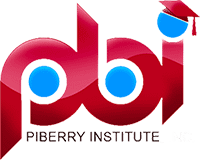Home Health Aid
*This Program does not qualify for Federal Financial Aid
Program Description
This program’s courses will discuss the history of home care, benefits of home care, role, responsibilities and ethical issues affecting the home health aid Students learn the general characteristics and safety principles related to the elderly, community resources, Reality Orientation Techniques, diversional activities, behavior, and special care. Universal precautions in the home care for patients with infectious diseases, and isolation procedures; two hours are spent in a home environment practicing skills; family role and patient and family emotional needs. Following patient plan of care, organize and complete patient care assessments; assist patients with restorative and rehabilitation needs to reach optimum level of independence; discussion of actual patient care situations in the home. Review of reporting methods and practice in writing; overview of Medicare standards, guidelines, and reporting requirements are also covered
The training program includes instructor led classroom and clinical training and practical hands on application. Students must successfully complete tests and final exam.


